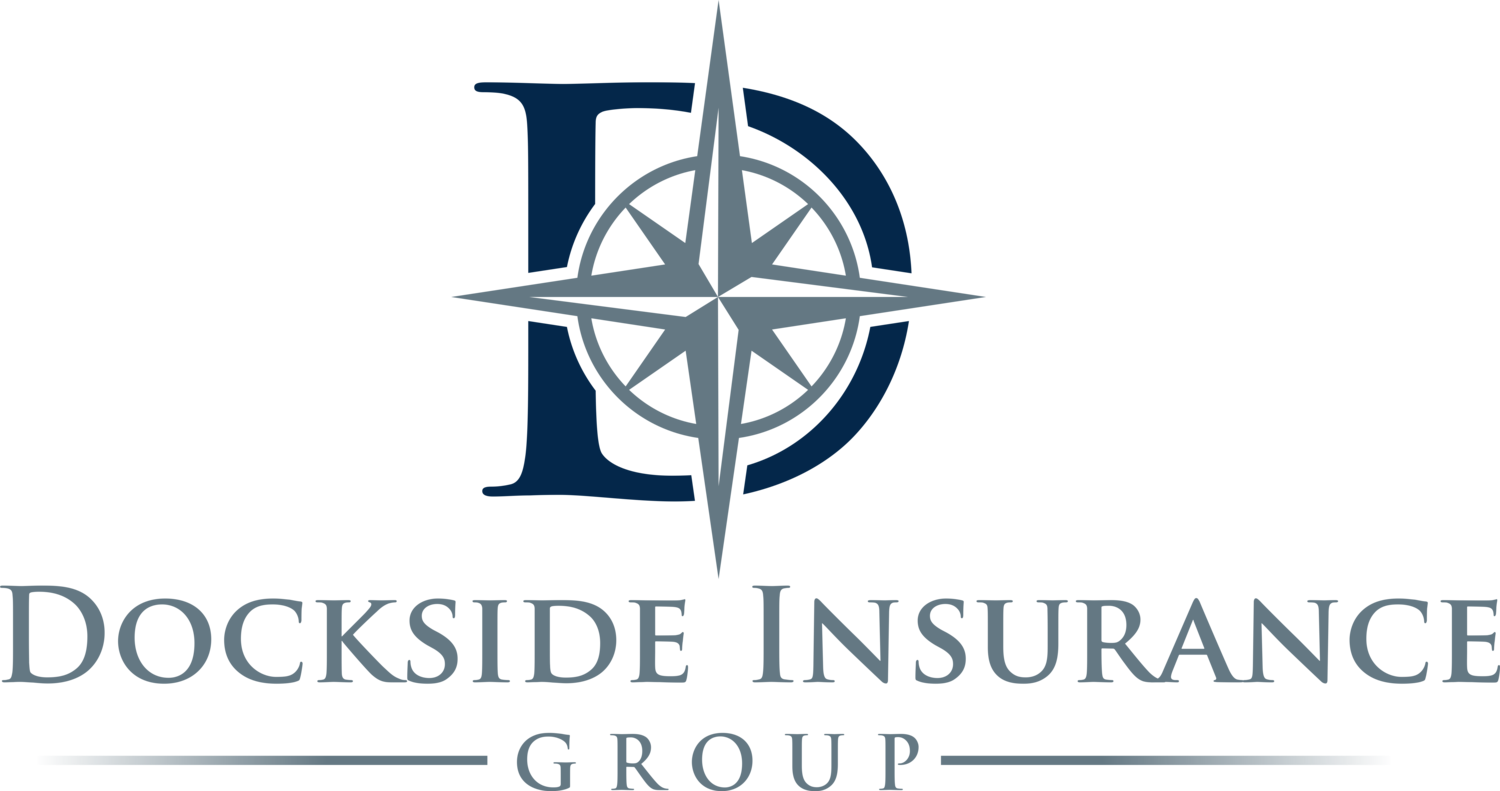Water Damage
/Does Homeowner’s Insurance Cover Water Damage?
Waking up to a flooded basement or returning home from vacation to a home filled with water from a broken pipe is anything but pleasant. One question that you’ll probably ask yourself is – does my homeowner’s insurance cover water damage?
As with so many other insurance matters, the answer is, it depends!
Below is a rundown of the things that insurance will and won’t cover when water damage occurs on your home.
Instances that Homeowner’s Insurance Cover Water Damage
A standard home insurance covers damage deemed to be “sudden and internal.” That is, your homeowners’ insurance will cover water damage occurring suddenly or accidentally from a source inside your home. One example is, water damage resulting from a busted pipe.
However, your standard policy will not cover damage caused by water coming from outside your home.
Instances where your policy covers you:
· Vandalism
· Mold (only when it’s the result of covered water damage)
· An accidental overflow of an appliance or fixture (bathtub, washing machine, toilet)
· A leaking roof (coverage would extend only to the home interior, not the roof itself)
· Water damage from extinguishing a fire
· Plumbing problems such as accidental overflow, faulty plumbing, frozen plumbing, and burst pipes
· Rain or snow storm
Instances where your policy won’t cover you:
· Flood
A standard homeowners’ insurance will not cover any type of flood damage. Many things can cause a flood. Some examples are storms, over-saturated ground, surging or overflowing water bodies like oceans, lakes, ponds, and rivers.
You could buy a separate flood insurance policy. It’s especially important if you live in a high-risk area susceptible to flooding.
· Water backup from an outside sewer or drain
This is also not covered by standard homeowner’s insurance. However, you may be able to buy an additional sewer or water backup coverage to cushion you against such risk.
· Replacing or repairing the source of the water damage
This means that a standard policy won’t cover the cost of replacing your faulty washing machine or broken dishwasher. However, it’ll however cover the cost of tearing out and replacing that damaged floor.
· Damage from unresolved maintenance issues
A standard homeowner’s insurance will not cover an unresolved maintenance issue such as a plumbing leakage. However, it’ll cover the cost of repairing or replacing a damaged floor if your dishwasher abruptly goes on the fritz.
Mold from Water Damage
Mold is not only an eyesore, but it’s also a health risk. That said, is it covered by your standard homeowner’s insurance? Well, it depends on the root cause. In other words, it may or may not be covered.
If the mold occurs as a result of water damage from things, like an Air Conditioner (AC) overflow or burst pipes, then your homeowner’s insurance will cover some or all of the costs. This is because mold is considered a “water damage” extension.
Typically, most homeowner’s policies cover mold remediation to up to $5,000. However, some can range anywhere between $1,000 and $10,000. You could also add an additional policy coverage on top of your standard home insurance policy.
Of course, mold damage isn’t covered when it occurs due to neglect or lack of maintenance. For instance, don’t expect coverage if a pipe in your home has leaked for years without being repaired.
Similarly, don’t expect your policy to cover mold growing in a humid environment, like basement or a bathroom either.
To prevent mold from growing in your home, you need to be proactive. It would be best for you to bleach the area after a spill or leak, and stay on top of maintenance around your home, especially in bathrooms, crawl spaces, and basements.
Also, use vents and fans to reduce humidity and moisture in appliances and areas prone to such.
Preventing Water Damage
Prevention is better than cure. Even if the damage is covered, you’ll still be better off not having to deal will the issues that come about. Below are some tips from Dave from State Property Management to help you in this regard. His long experience in rental property management business helped him to learn a few tips and tricks on how to prevent water damage:
· Consider buying a water leak sensor
These water leak sensors will alert you to the presence of water before the water has a chance to damage the property.
· Keep your pipes warm and insulated
More often than not, frozen and burst pipes are the cause of flooding in many homes.
· Drain water heaters twice a year to prevent sediment buildup
If an unsafe amount of pressure builds up the tank, the Temperature and Pressure (T&P) valve will begin releasing some water. If not replaced immediately, this can flood your entire home.
· Be careful to ensure water supply lines are clear and open
If these run under other objects, make sure that these aren’t pinched or crimped.
· Inspect, clear, and replace hoses going to and from refrigerators, water heaters, dishwashers, and washing machines.
As you can see, your standard homeowner's Insurance may or may not cover water damage. Basically, if its “sudden and internal,” it’ll be covered. But, if caused by neglect or improper maintenance, it’ll not.
If you have any specific questions, please call us so we can discuss further and make sure you are protected the way to want to be.





